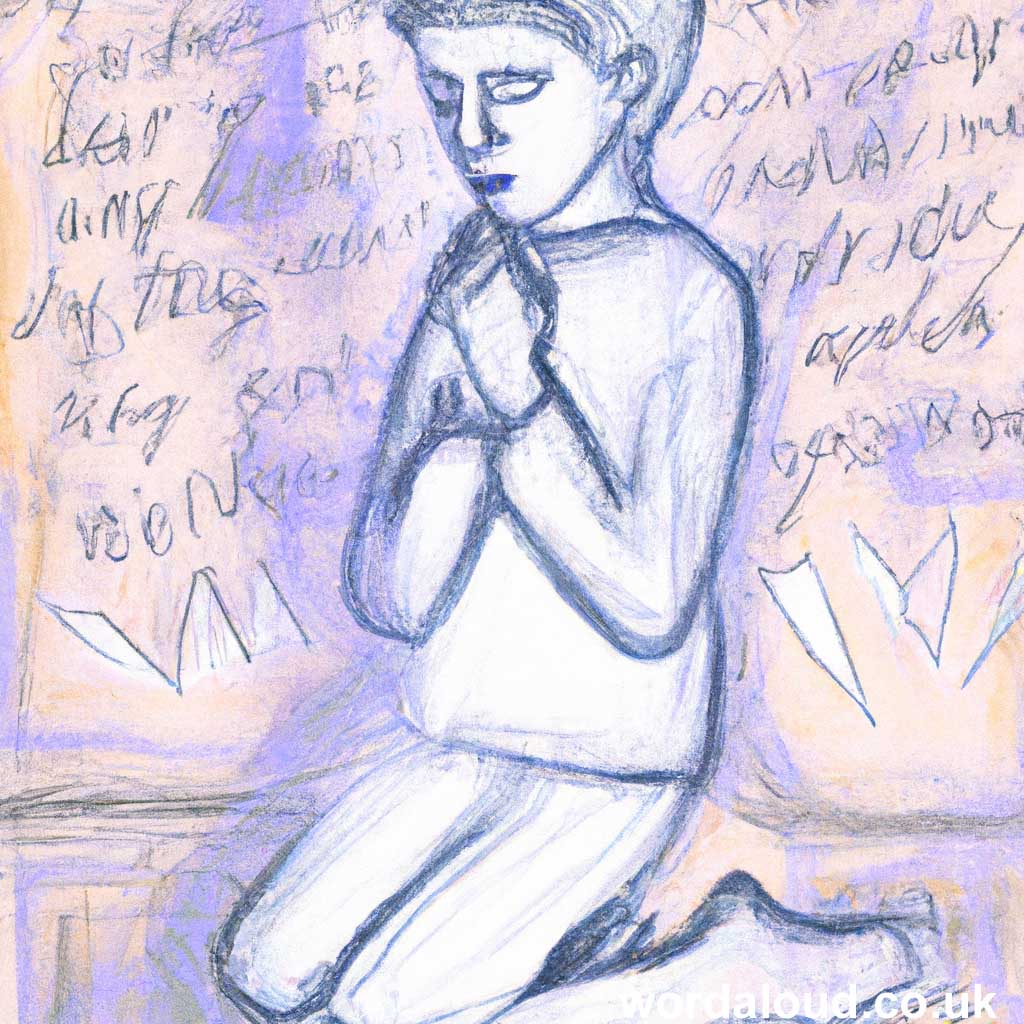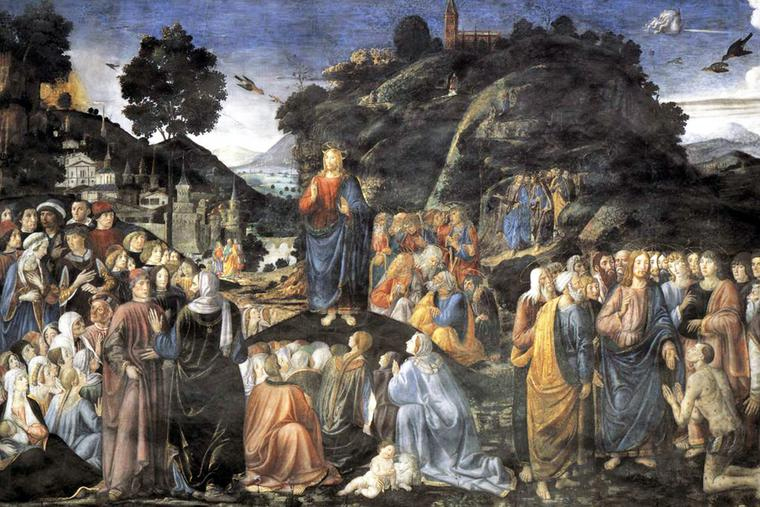Available to purchase – on Amazon.com – on Amazon.co.uk
The Gospel According to Tomàs – a novel by Oliver Peers
A journey of faith, doubt and self-discovery in the heart of Spain…
Tomàs is in trouble. He’s in seminary—training to be a priest. This may have been a mistake.
Mid-life, after years of indulgence and questionable choices, Tomàs sought clarity, a path to purity, to something true. But faith isn’t working the way it’s supposed to. His thoughts bristle—restless, relentless, even sexual. The confessional was meant to fix this. Instead, it unravels everything.
In Valladolid, Spain, under the weight of Church doctrine and his own tangled history, Tomàs wrestles with a brutal realization: if love is truth and truth is love—then the Church is wrong.
A novel of faith and failure, desire and self-deception, The Gospel According to Tomàs is an unflinching study of belief on the edge of collapse. With wry intelligence and piercing introspection, Oliver Peers delivers a vivid, fearless portrait of a man running out of places to hide.
For readers drawn to literary fiction, theological reckoning, and the uneasy intersection of faith, memory, and desire—reminiscent of the existential and philosophical fiction of Graham Greene, Rachel Cusk, and Julian Barnes.
Stylistically, Oliver Peers may be located within the traditions of Martin Amis and James Joyce.
A gripping, intelligent novel that lingers in the mind long after the final page.
Available to purchase – on Amazon.com – on Amazon.co.uk
![]()









